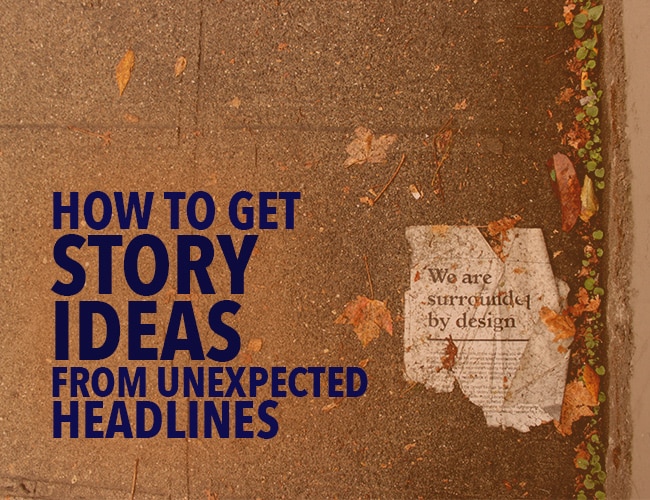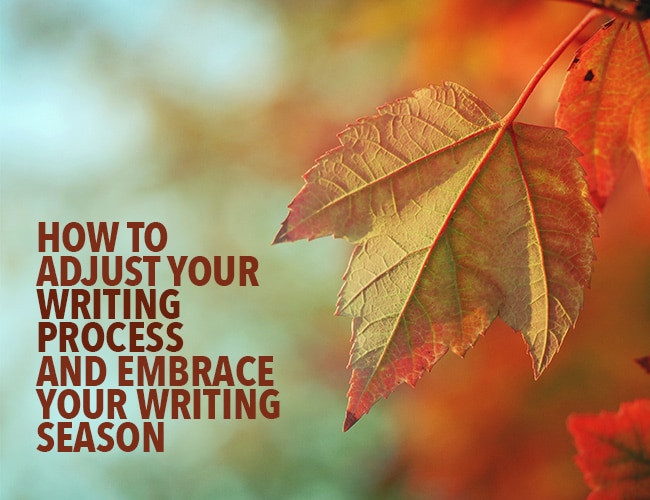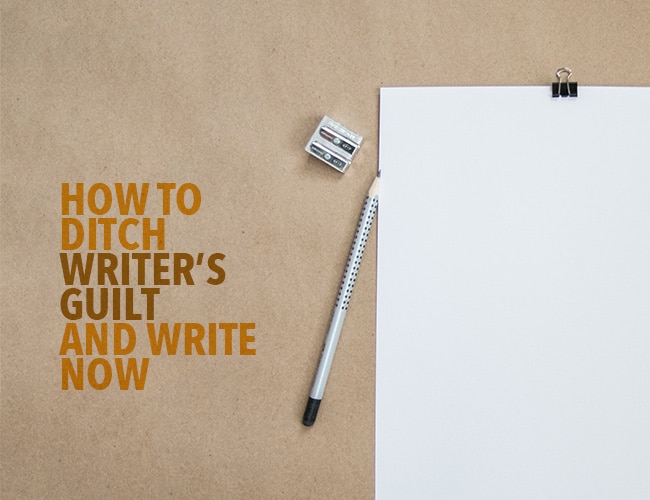
by Sue Weems |
Many writers I know are overwhelmed and struggle to focus on writing anything. Do I research? Get a draft down? Should I be blogging? Do I need to get a business license? What about social media? What’s for dinner? (Sorry, my kids added that one).
A few years ago, I learned a technique that helped me get a handle on my to do list, and freed me to prioritize my writing. Along with sneaking time to write, learning to write in batches has changed the way I work.

by Sue Weems |
A few years ago, I read a startling headline in a back section of the Sunday newspaper. It said “Man Likely Padlocked Himself in Bag Found in Bathtub.” I blinked twice, sure I had misread something.
Even after I read the article, I still couldn’t believe it. I was grieved for his family and friends, but I couldn’t help but see the possibilities for inspiring fiction. I wondered how it could even be done? As a claustrophobic, I wondered, why?
This situation and article were surely stranger than fiction, but it prompted so many questions. Turns out questions are at the heart of great fiction, and you can use headlines to develop ideas all day long. Here’s how to get story ideas from the strangest news headlines.

by Sue Weems |
Writer’s anxiety is often caused by a belief that I MUST BE WRITING ALL THE THINGS ALL THE TIME. It simply isn’t true. Even those who write full time recognize that there are seasons to writing, just as there are seasons of life.

by Sue Weems |
Raise your hand if you’ve ever felt guilty about something related to writing. (My hand can’t get any higher.) Whether you feel that you aren’t writing enough or feel terrible about neglecting chores while finishing your novel, writer’s guilt is real.
Here are a few ideas for abandoning writer’s guilt to get your work done.

by Sue Weems |
Whether scuba diving or hiking, experts warn against going out on the water or up the mountain on your own. Why? There’s strength in numbers, and you are more likely to live to tell about your adventure with a swim buddy or hiking partner along. While writing might not carry the physical risks of these outdoor activities, writers can use the same principle to help a writing partner get their writing done.




